Southern California plant-based fast food chain Hart House shut down every one of the four locations on September 10, 2024.
The eatery opened in 2022 with actor and comedian Kevin Hart spearheading the project which was focused on promoting a vegan lifestyle through plant-based meat alternatives in a fast-casual setting.
“Unwavering Support”
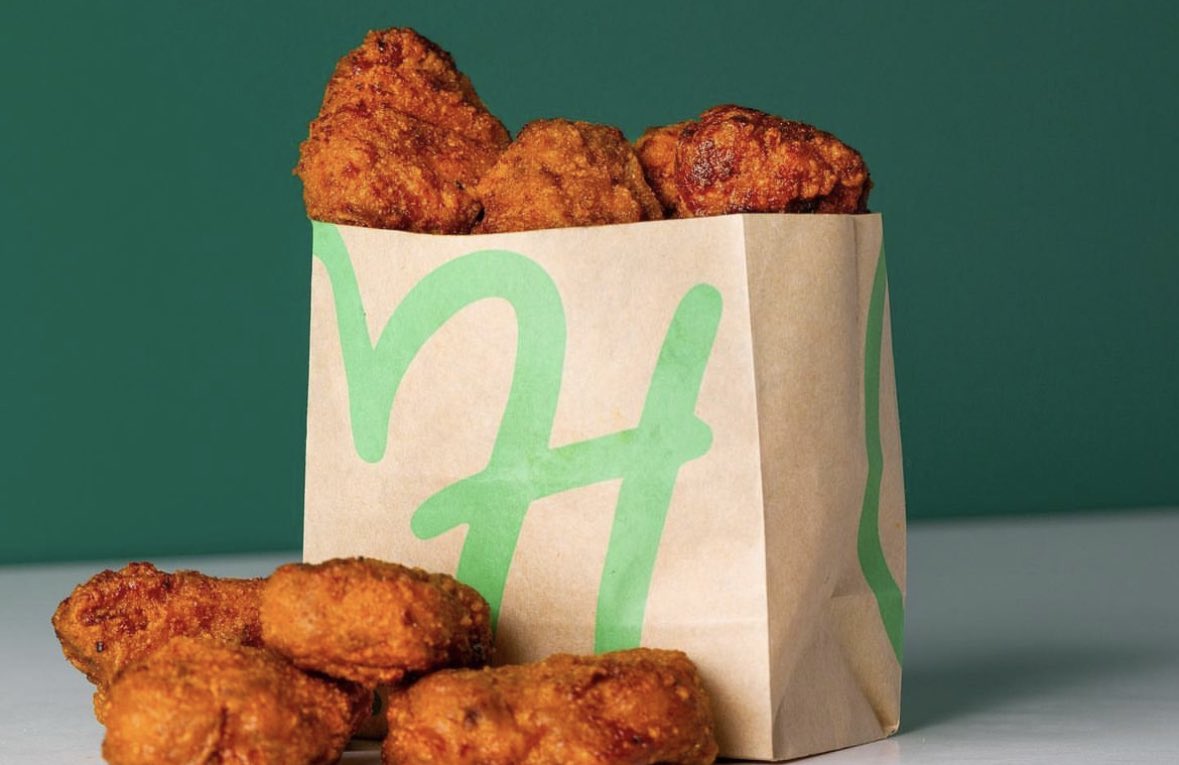
Hart House CEO Andy Hooper affirmed the news to Eater in a released statement.
Hooper stated, “The response to the product has been incredible, and we thank our committed team, our customers, and our community partners for helping make the change we all craved, and for their unwavering support of Hart House.
Plant-Based Diet
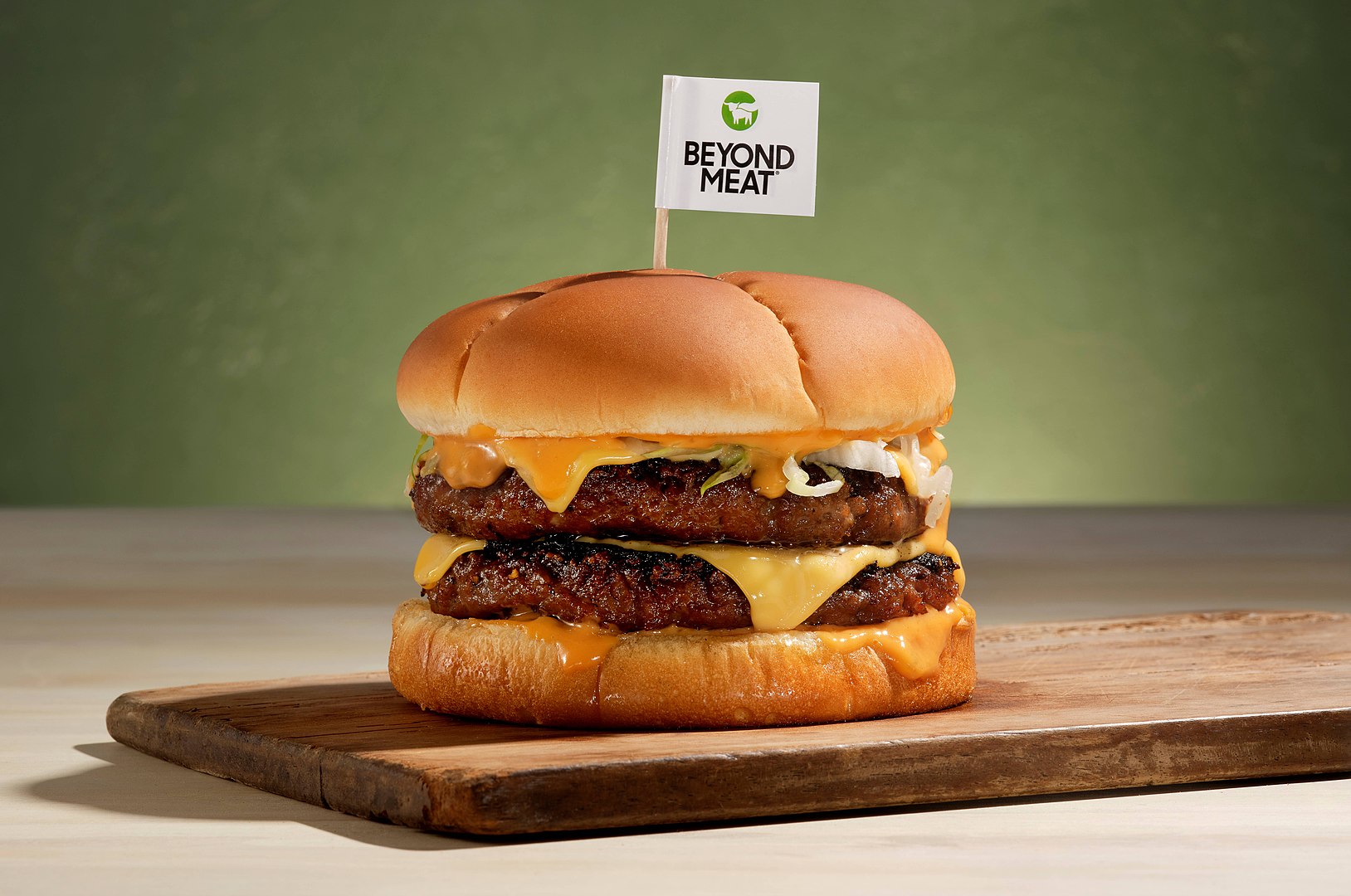
In 2020, Hart declared that he embraced a, for the most part, plant-based diet and started working with Hooper to create a fast food brand selling chicken sandwiches, nuggets, and burgers for under $8 and combo meals for under $15.
Hart House abstained from utilizing Beyond and Impossible products by creating its own line of proprietary patties.
Initial Locations
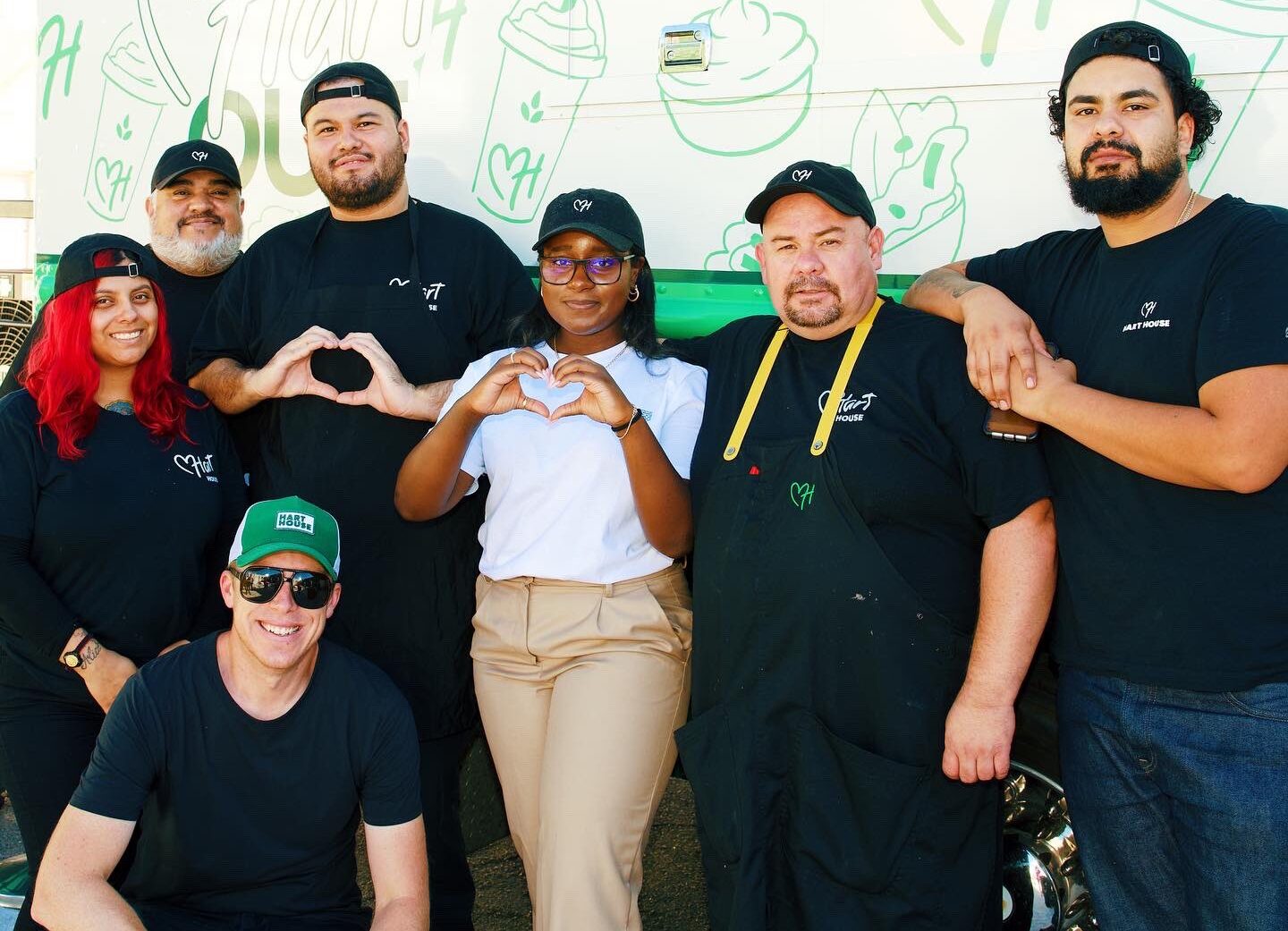
In August 2022, Hart House opened its first location in Westchester, a block from the crowded In-N-Out Burger at LAX making it a tough place to compete in the crowded fast food sector.
The second location in Monrovia appeared in November 2022, while the College Park location opened in June 2023.
Flagship Hart House
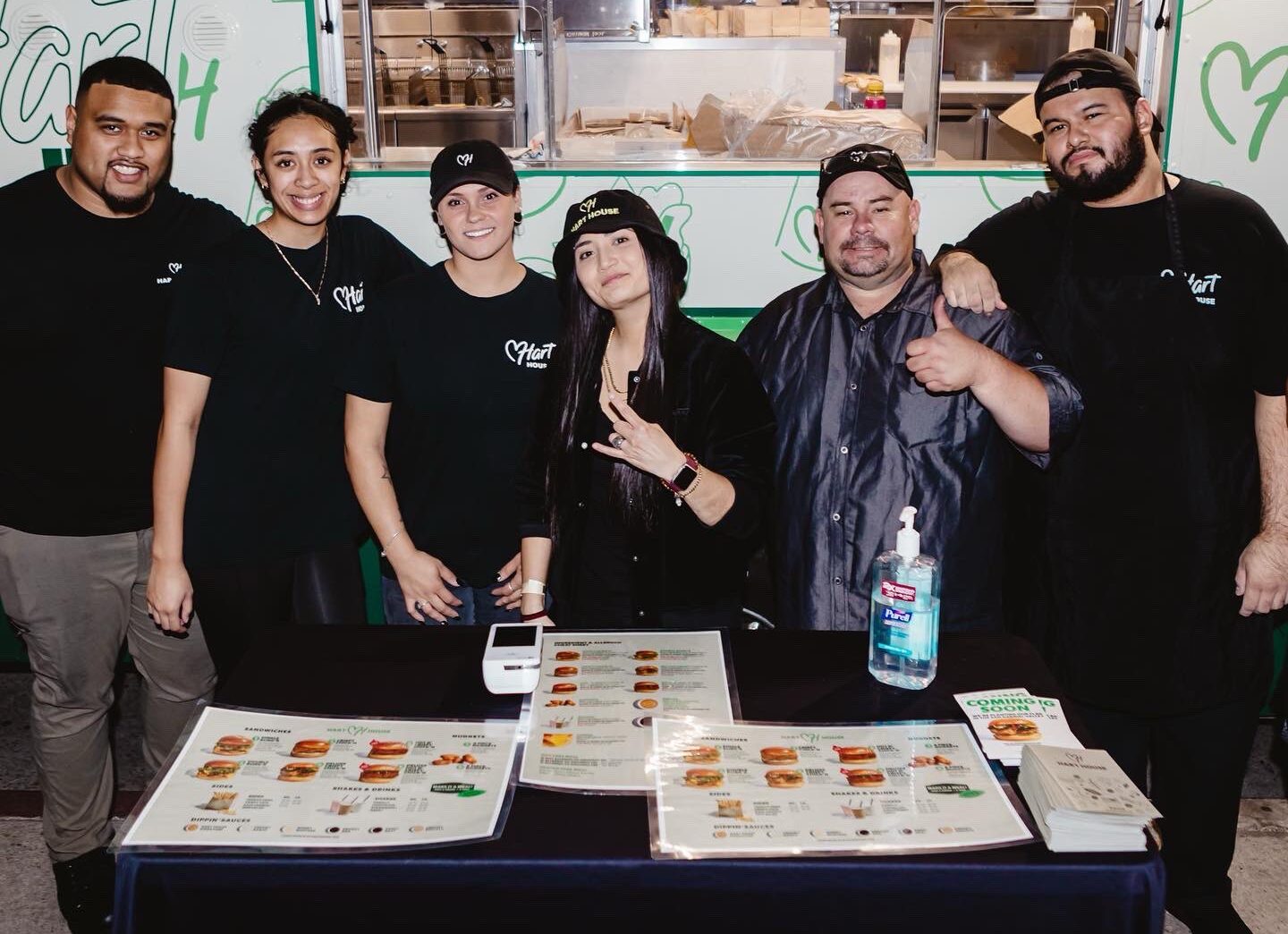
The flagship Hart House location officially launched in May 2023 at the intersection of Hollywood Boulevard and Highland Avenue which featured a drive-through planned to be duplicated for future stores.
Hart House had ambitious expansion plans with initial projections in 2022 to open 10 Hart Houses over the following year.
“The Future of Quick-Service Restaurants”
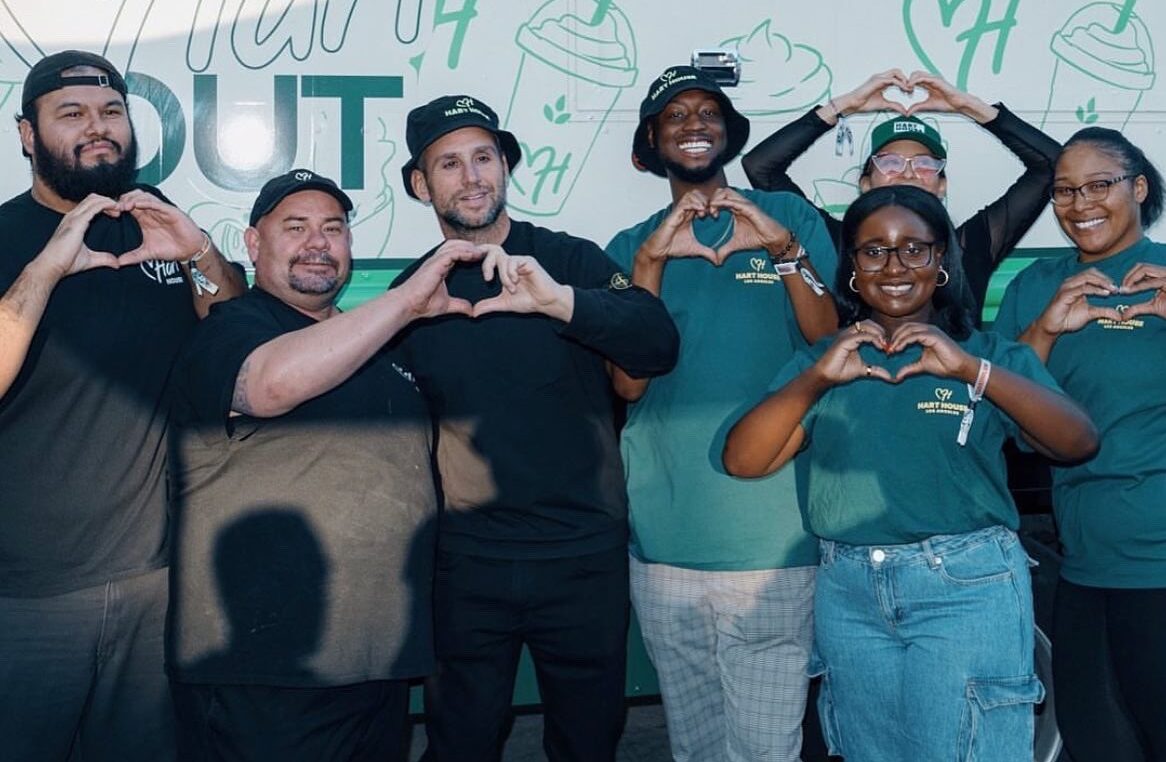
Hooper spoke of the flagship location to Eater in 2023.
“Opening on the corner of Sunset and Highland, across the street from Hollywood High School, adjacent to a Chick-fil-A, a couple 100 yards from an In-N-Out, [and inside] a former McDonald’s building is about as emblematic as you can get of our aspiration to be the future of quick-service restaurants”
Difficulties in LA

The pandemic’s lingering effects, rising operational costs, and a faltering local film and television industry continue to pose challenges for the restaurant industry.
Toward the beginning of September 2024, the aggressive East Coast burger chain Shake Shack closed five Los Angeles-area stores, including Culver City, Silver Lake, Koreatown, Downtown, and Canoga Park.
Boost to Employment
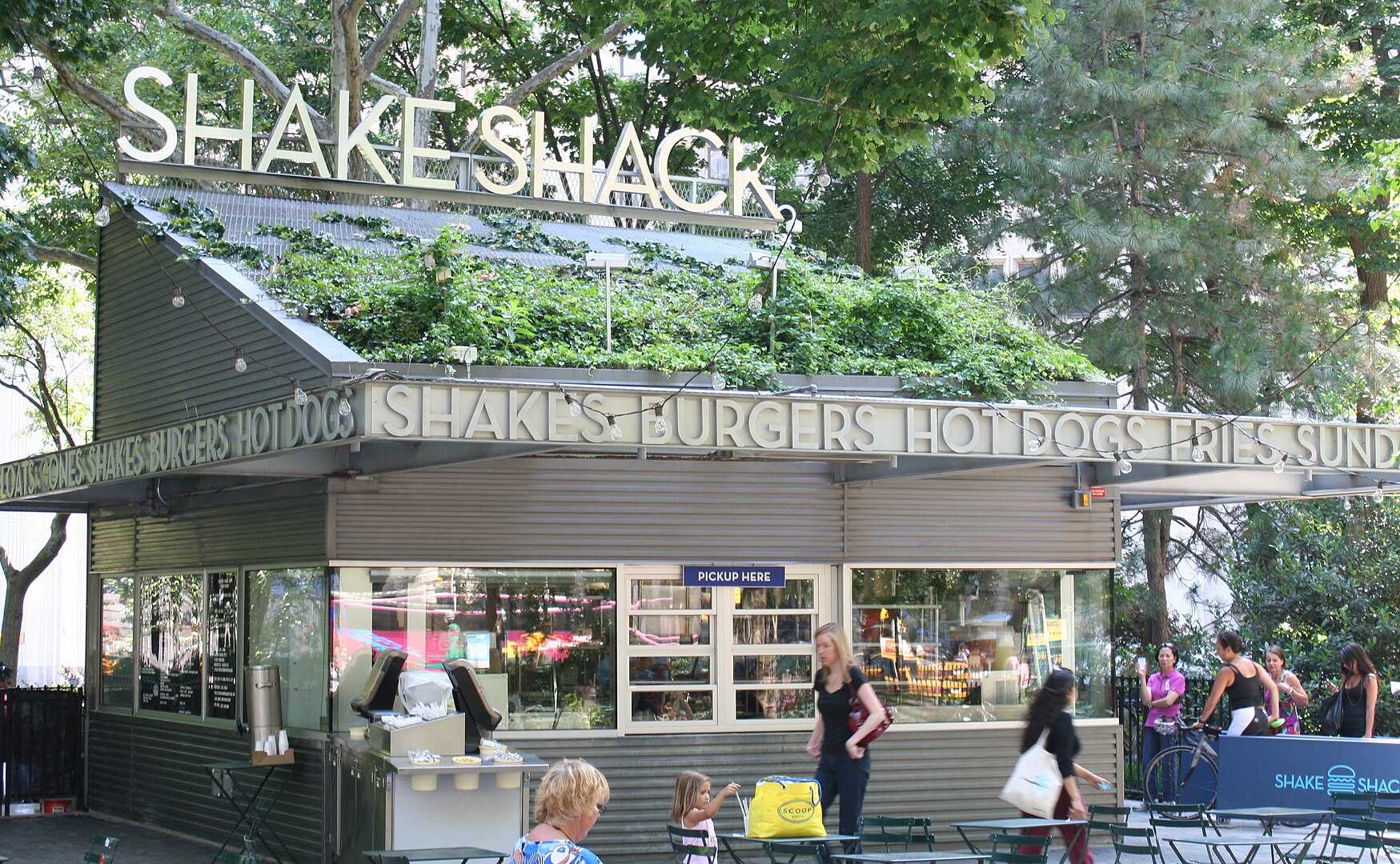
Hart House and Shake Shack both diminished their LA presence within a week of one another.
However, the state of California is facing a huge boost in fast food employment, even as the state’s mandated minimum wage grew from $15.50 to $20 an hour in April 2024 amid controversy.
Crowded Market
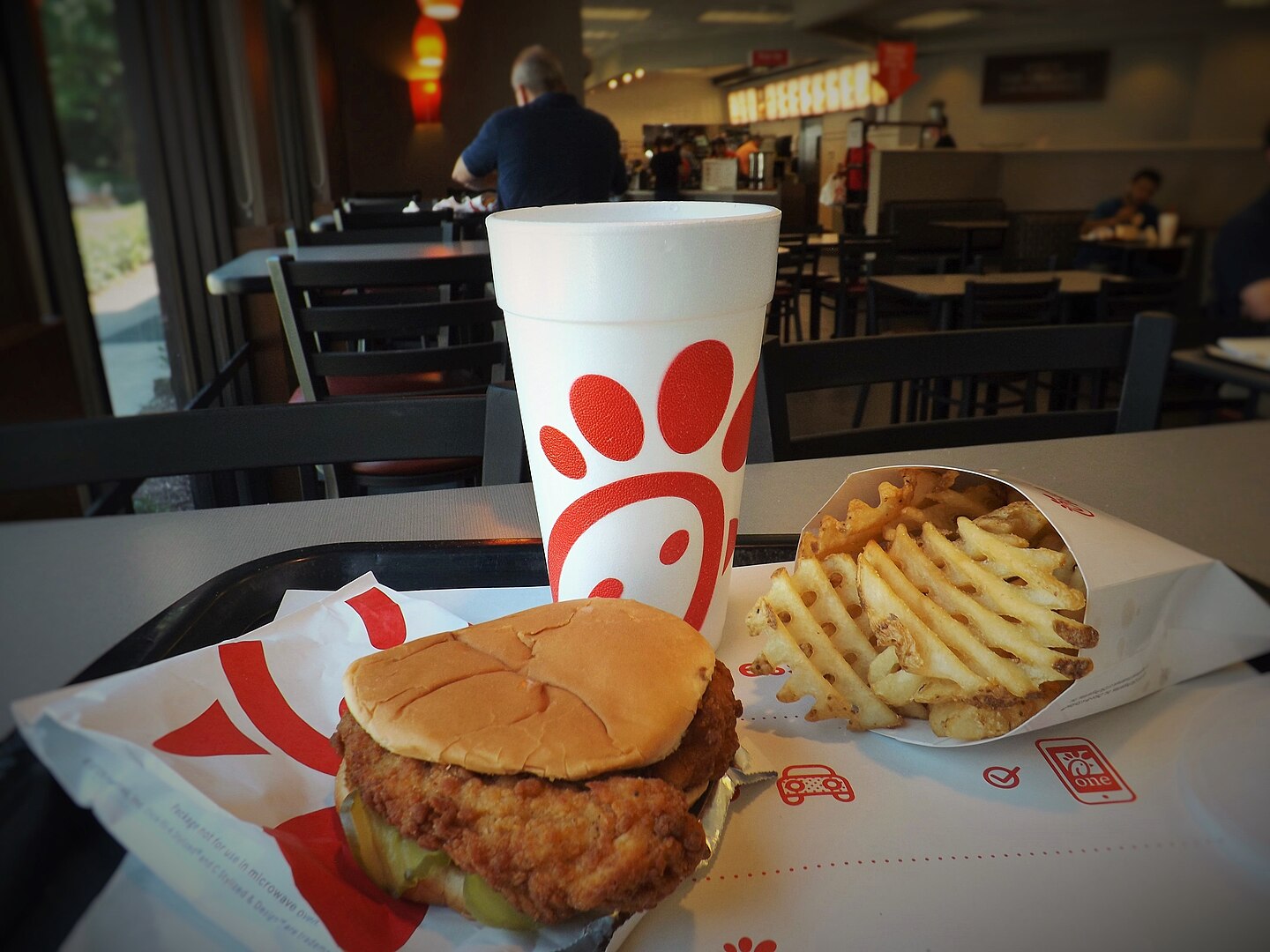
While the flagship store was under construction in 2023, Hart House put up a sign reading “We’re open Sundays.”
This was interpreted as a jab at Chick-fil-A which closes one day a week. However, Hart House was not the only location in the area servicing the plant-based diet as Plant Power Food was located less than two miles away along with Doomie’s, the Gray Zebra, and Mr. Charlie’s.
Shake Shack’s Strategy
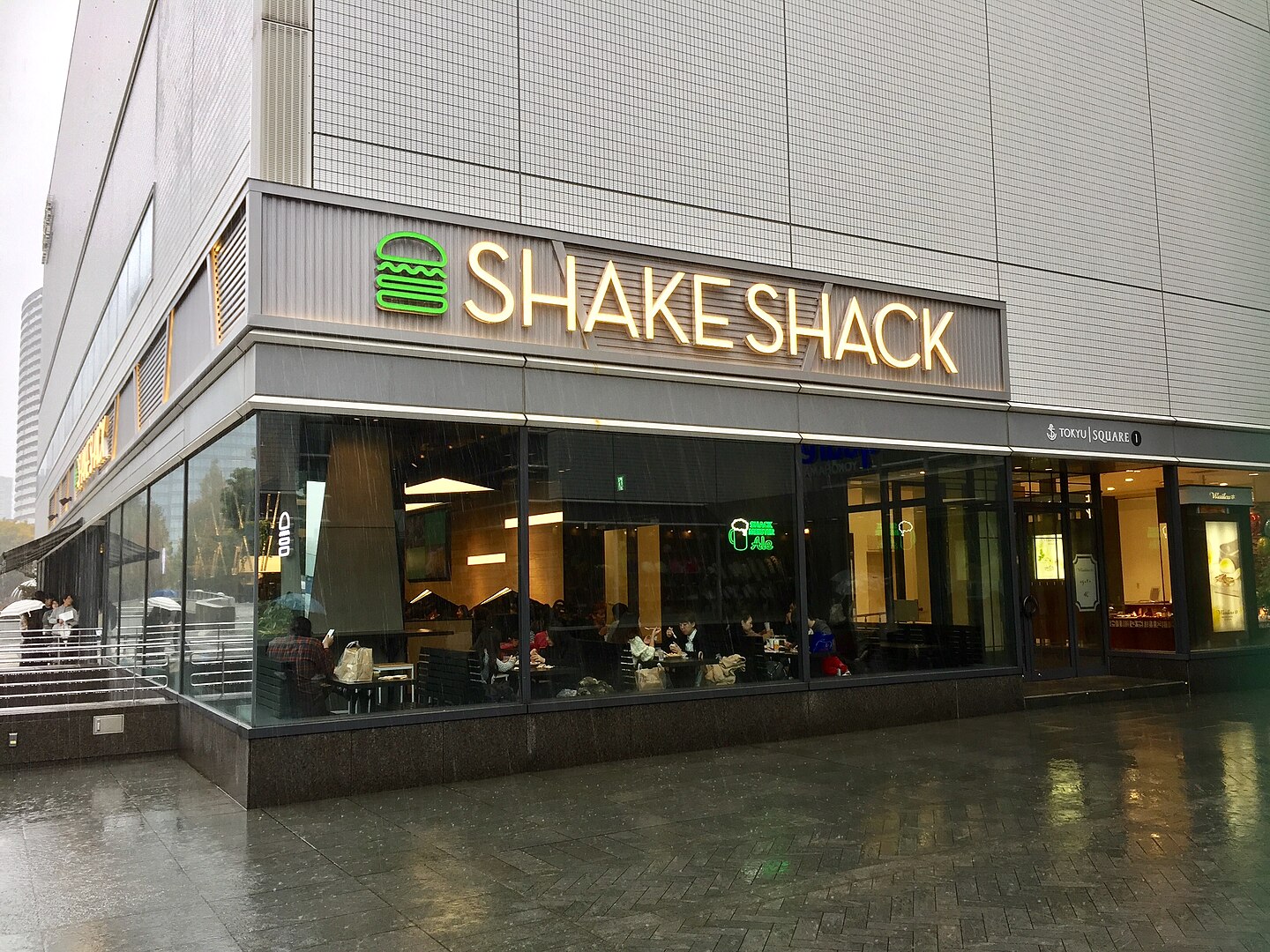
As Shake Shack also shut down multiple LA locations, they had also made an attempt to appeal to the plant-based market.
Last year they introduced three permanent additions to the menu which included a vegan burger, shake, and frozen custard. Shake Shack still continues to operate in California with 19 restaurants open in Los Angeles, Orange, and San Bernadino counties.
“A Price That Doesn’t Turn Customers Away”
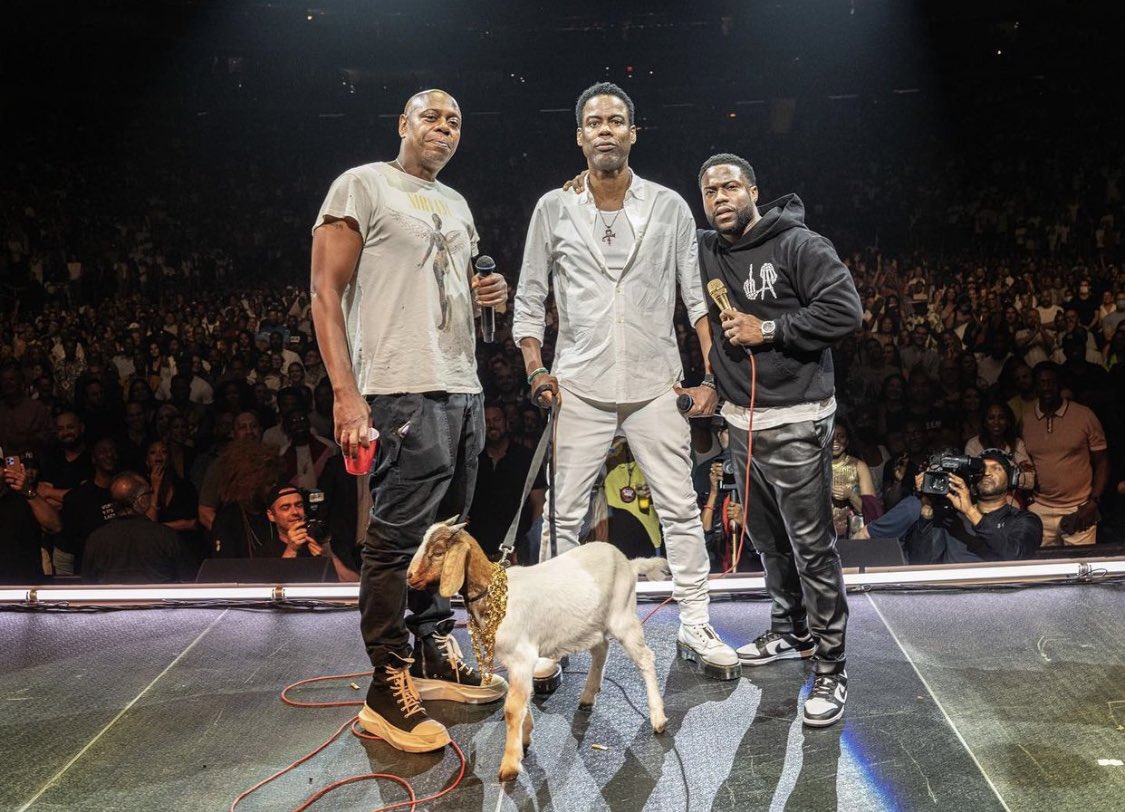
In an interview with Eater Hart stated that price was a big goal for him in launching this endeavor, “We wanted a price that doesn’t turn customers away. It was extremely important to us from the beginning to make [affordability] a massive priority.”
Hart enlisted chef Mike Salem to work on the menu, whose previous experience in launching the Impossible Whopper at Burger King was invaluable.
Ambitious Goals
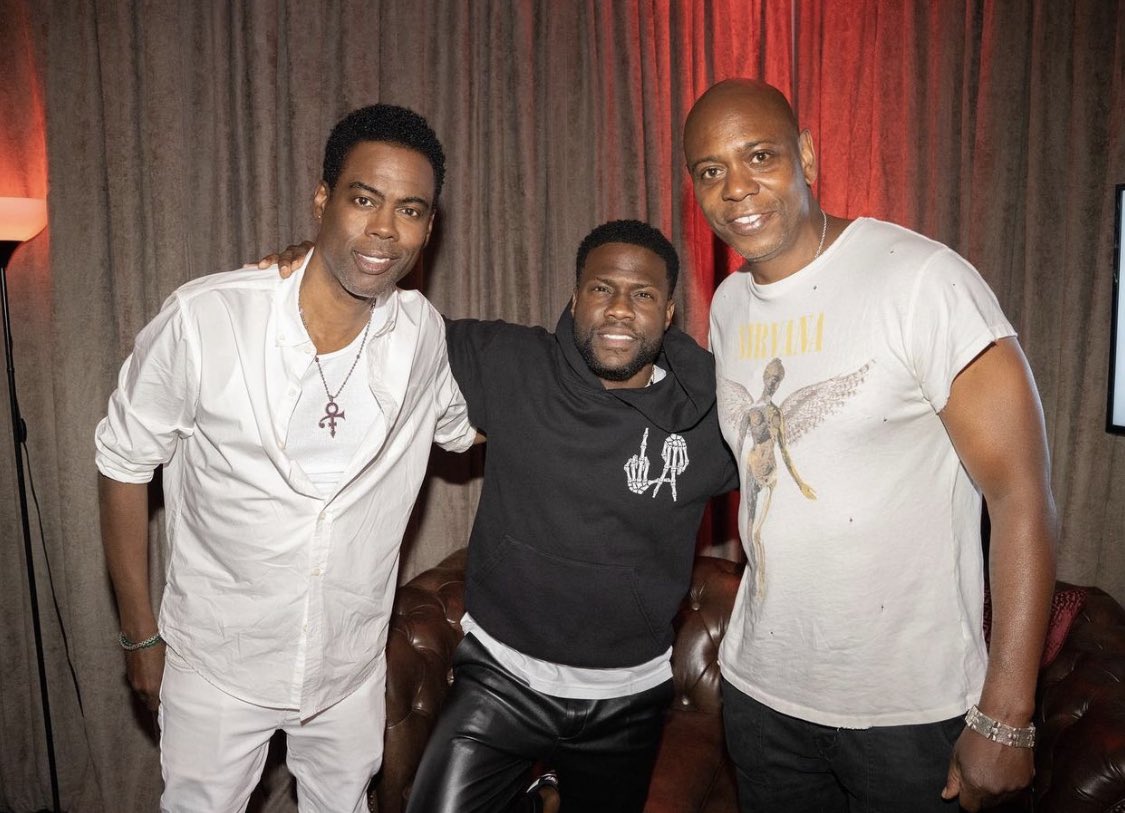
Speaking on his aims Hart stated, “For me, it’s about getting the customers that aren’t necessarily your target or your demographic.”
“You’re trying to appeal to all. [Hart House] is plant-based, but it’s really good. How can we get everybody to say ‘I want Hart House today.’ That’s something I’ve been able to do in my career.” “So for Hart House, I want [it] to match the world of me and what I’ve done, and have that same global appeal as we grow and as we go.”
